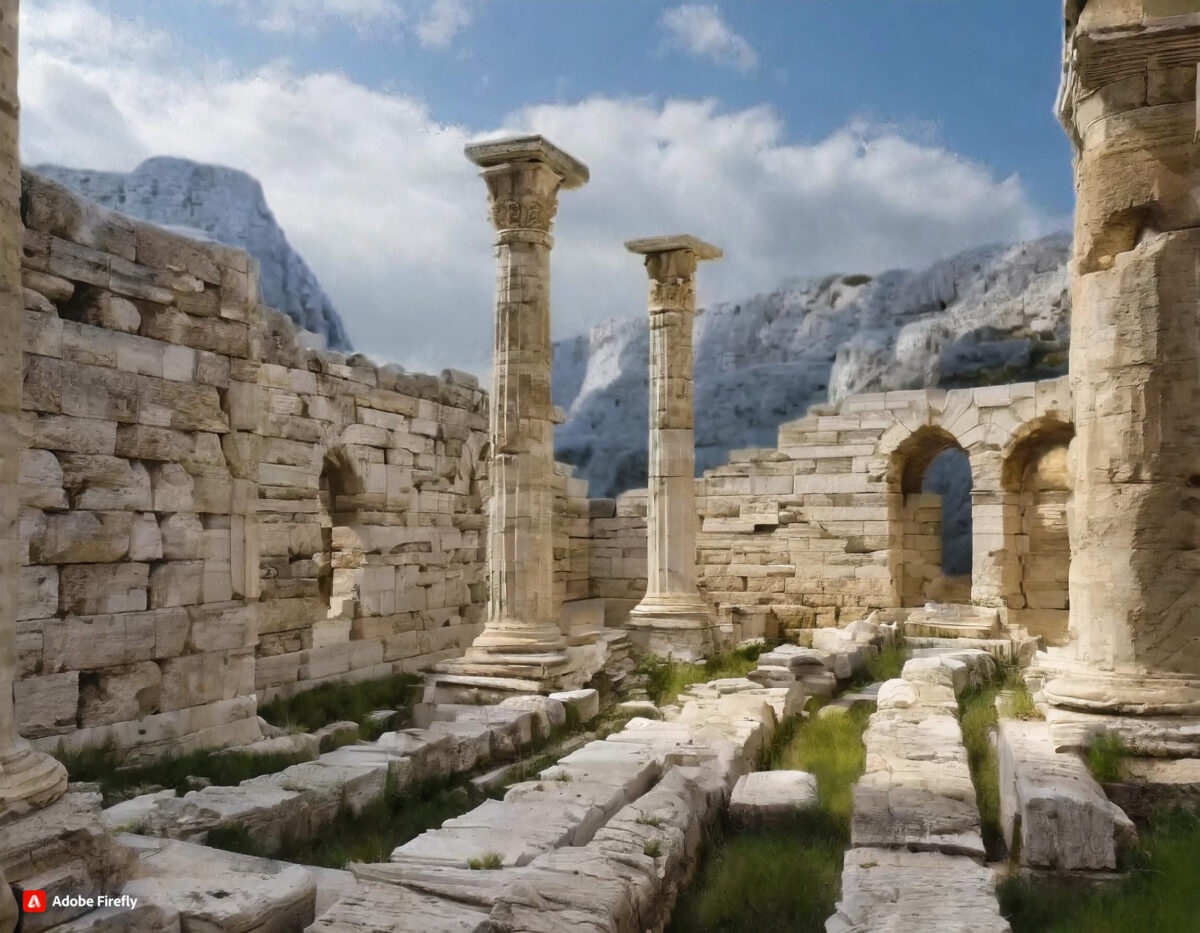This is my attempt to grasp a key concept in N.T. Wright’s view on the New Perspective on Paul. There seems to be a misunderstanding about justification, its purpose, and belonging to a covenant community. It’s unclear who’s confused, but I’m definitely late to the debate!
My Interpretation
Here’s how I understand it:
- Grace and Covenant Membership: We enter God’s covenant community solely by grace, but our membership can be revoked if our faith doesn’t translate into actions that reflect that membership.
Critique of the Interpretation
While I’m not a scholar, here are some observations based on my limited readings:
- Community’s Role: The definition of a community’s purpose seems unclear. Wright might be suggesting that being part of the covenant grants us eligibility for ultimate salvation. However, I understand that belonging to this community is more like a privilege that comes with present salvation from God’s wrath.
- Justification Redefined: Using “justification” as a marker of community membership feels strange. It seems to downplay its role as a declaration of being saved from God’s wrath. Wright might be implying it’s not a saved-from-wrath declaration, but rather a badge of faith… in what exactly? It’s unclear if it’s faith in God granting eligibility for final justification (ultimate forgiveness) or something else.
- Salvation and Works: Based on my readings and what others have pointed out, Wright’s view on justification seems to suggest we aren’t saved from God’s wrath (hell) through Jesus’ perfect life imputed to us. Instead, it appears Wright suggests salvation comes from how well we use our God-given faith to gain God’s forgiveness. This sounds closer to the Catholic view of impartation than Protestant imputation.
Disagreement on Justification
Given this understanding, I disagree with Wright’s view on justification. The Bible, to my understanding, presents justification as a moment where a sinner deserving of hell is declared innocent, forgiven, and ultimately saved from God’s wrath, even on judgment day. It’s not a deck of cards God deals, requiring perfect play to win forgiveness.
Finding Common Ground
While I disagree with the way Wright’s view is often presented, I might agree with the underlying message if phrased differently. Here’s an alternative phrasing:
“I am part of God’s covenant community because He provided everything for me to be a member. If the covenant includes God’s commitment to keep me safe from His wrath until judgment day (already poured out on Jesus), I remain a member even as I live out the faith God also provides as a sign of my membership.”
This phrasing aligns more closely with what I believe Wright might be trying to convey, even if it differs from how it’s typically interpreted.
Conclusion
Perhaps it’s my own limitations, but overthinking can complicate what God, through the Holy Spirit, has thankfully made simple: understanding how to be reconciled to Him.
Full disclosure: I wrote this article with Gemini, Google’s AI chatbot. I rambled to it and asked it to make sense of that rambling — to organize my thoughts better, and edit it the best way it can. I have a day job, I want to do other things, but I still want to blog. So I use AI to make that possible for me. I would go through the generated article a few times over. I would go back-and-forth with Gemini to at least make sure it still had my voice and the stuff that I actually wanted to say in my original rambling. It’s great help, but please don’t do this in your school essays or work (if you aren’t allowed to do so, obviously). This disclosure notice, though? No AI here. And you probably felt that because it sucks.
